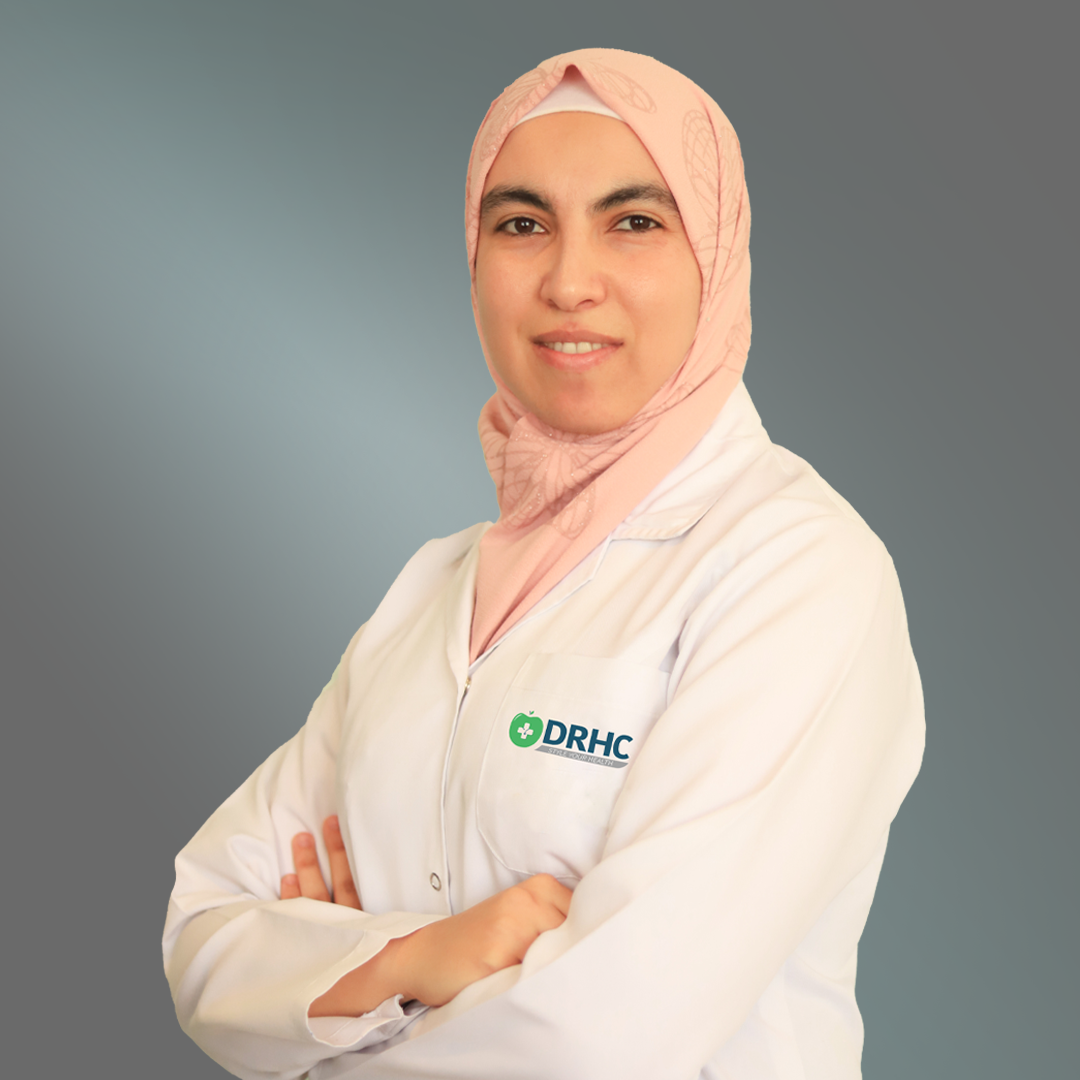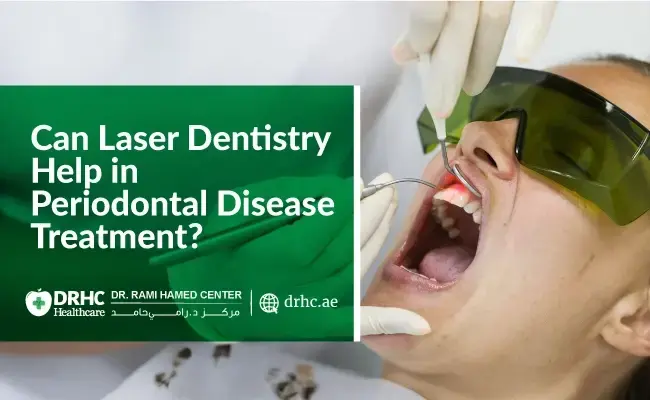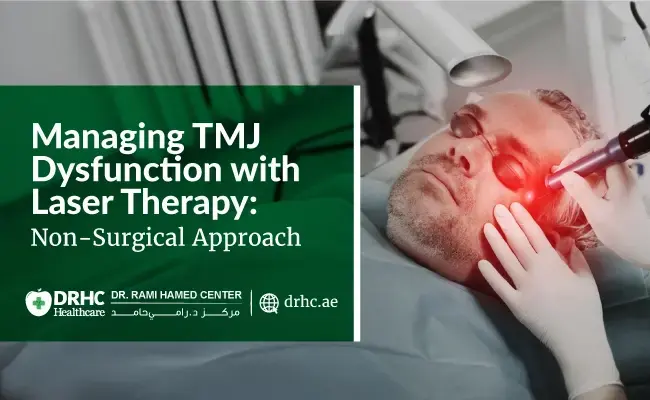
Understanding Dental Paresthesia: Can Laser Therapy Help?
What is Dental Paresthesia?
Dental paresthesia is a condition characterized by numbness, tingling, or a loss of sensation in the mouth, lips, tongue, or surrounding areas. It is often caused by nerve injury during dental procedures, such as wisdom tooth extractions, dental implants, or root canals. In most cases, the condition is temporary and resolves over time, but in some instances, it can become persistent and affect a patient’s quality of life.
Causes of Dental Paresthesia
Several factors can contribute to dental paresthesia, including:
- Surgical Trauma: Damage to the inferior alveolar or lingual nerves during extractions or implant placement.
- Local Anesthesia: Overuse or accidental injection of anesthetic into the nerve.
- Infections: Severe infections or abscesses can put pressure on nerves and cause temporary paresthesia.
- Nerve Compression: Swelling or inflammation following a procedure can compress nearby nerves.
- Underlying Medical Conditions: Diabetes, multiple sclerosis, and other neurological conditions may contribute to prolonged paresthesia.
Symptoms of Dental Paresthesia
Patients experiencing dental paresthesia may report:
- Numbness or tingling in the affected area
- Burning sensations or altered taste perception
- Difficulty speaking, eating, or drinking due to lack of sensation
- A feeling of swelling despite no visible swelling
Can Laser Therapy Help Treat Dental Paresthesia?
Laser therapy, particularly low-level laser therapy (LLLT) or photobiomodulation therapy (PBMT), has emerged as a potential treatment for dental paresthesia. This non-invasive technique uses low-intensity laser light to stimulate cellular repair and reduce inflammation, promoting nerve regeneration and improved function.
Benefits of Laser Therapy for Dental Paresthesia
- Nerve Regeneration: Stimulates repair and regrowth of damaged nerve fibers.
- Pain and Inflammation Reduction: Decreases swelling and discomfort in the affected area.
- Increased Blood Circulation: Enhances oxygen and nutrient delivery to damaged tissues, promoting faster healing.
- Non-Invasive and Safe: Laser therapy does not require surgery or medications, making it a preferred option for many patients.
Explore Our Related Blogs
- How Does Laser Dentistry Work Without Causing Pain?
- Say Goodbye to Dark Gums: The Ultimate Guide to Laser Gum Depigmentation
- Gummy Smile Treatment: How Laser Reshapes Your Gums for a Perfect Smile
- Laser Teeth Whitening: How to Get a Brighter Smile in One Session
- Frenectomy with Laser: The Painless Solution for Tongue & Lip Tie
- Managing Tooth Sensitivity with Laser Treatment: A Permanent Solution?
- Laser Treatment for Canker Sores & Ulcers: Fast Relief Without Medication
- Managing TMJ Dysfunction with Laser Therapy: A Non-Surgical Approach
How is Laser Therapy Administered?
Laser therapy is typically performed in a dental clinic. The process involves directing a low-intensity laser beam over the affected area for a few minutes. The treatment is painless, and multiple sessions may be needed depending on the severity of the nerve injury. Patients may start noticing improvements within a few weeks.
When to Seek Treatment
If you experience persistent numbness, tingling, or discomfort following a dental procedure, consult a specialist at DRHC Dubai. Early intervention can increase the chances of full recovery and prevent complications.
Conclusion
Dental paresthesia can be distressing, but emerging treatments like laser therapy offer hope for recovery. At DRHC Dubai, our specialists utilize advanced techniques to help patients manage and overcome nerve-related dental conditions. If you are experiencing symptoms of dental paresthesia, contact us to explore your treatment options.
Call +97142798200 DRHC Dubai now or book an appointment online to speak with our Laser dental specialists.
Topic: Laser Dentistry








Leave a comment